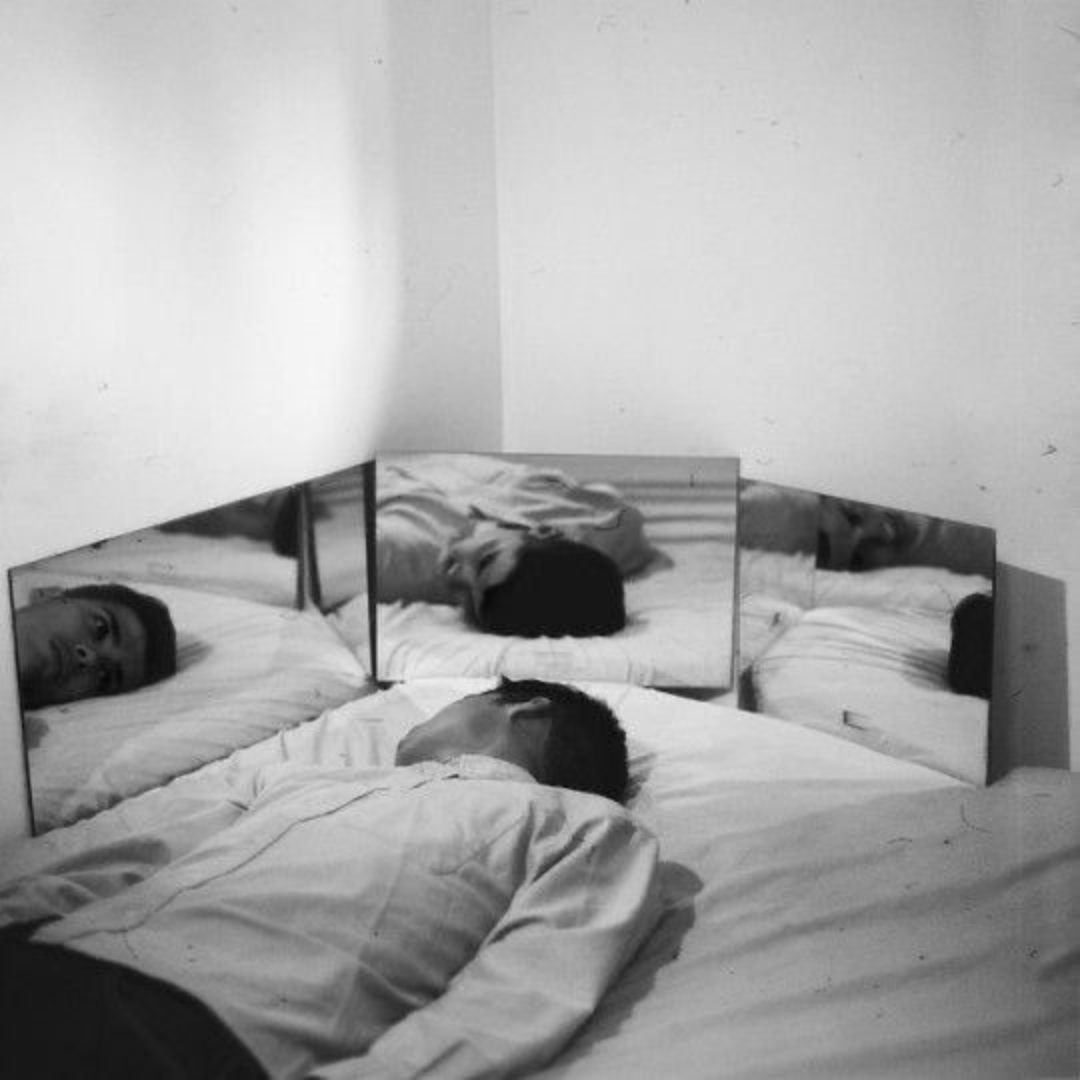MARCH 1 , 2024
How to Run in Mythical Time, with
Byung-Chul Han

Do you feel like time has begun accelerating in recent years?
For the first time, this growing complaint appears to be a sensation shared by people of all ages.
According to latest figures, the global average time spent online is now up to 6 and a half hours a day, whilst research suggests that time spent online is felt to move “quicker” than offline.
And when that online time is dominated by a constant stream of mis/information, news (*outrage) and disconnected content, this sense of rapidity is felt even more harshly.
But fear not, as by using Korean-German philosopher Byung-Chul Han’s framework for time, we can start to use running to slow things down.

The South Korean-born, Berlin-based thinker, Byung-Chul Han, has gained a strong following in the philosophical and art world for his theories on modernity’s alienation and loneliness, and the fragmentation and disintegration of reality.
An advocate of slower, more thoughtful living, Han believes that doing what one wants against the pressures of modern society, is so radical as to be a political act.
The philosopher is notoriously private, but he can shed a light onto our own lives.
Using Han’s three definitions of time - Atomised, Historical and Mythical - we can make time less fleeting through running.

Han argues that the acceleration of time is not scientifically accurate, but stems from the sense that time is losing its meaning and direction.This he names “Atomised Time”.
The irony is that by being constantly “present” via news streams and social media, we’re in a state of perpetual distraction from our true selves and the world around us.
It’s no wonder that when we Doomscroll, we feel like time passes in a flash, the mind seems disconnected from the self, and we complain that it was all a waste of time.
The solution? Do less of it.

Good ol’ fashioned “Historical Time” is the one that us runners are most familiar with.
According to Han, this offers an authentic “presentism”.
During a long run, as we start to ease into it, we feel connected to our past, where the day’s task seemed daunting, and concurrently to the future, where the satisfaction of completion awaits.
These three moments in time are connected, creating meaning based on change
and progress.

But if we follow Han’s theory, we also need to ignore the splits, logout of Strava, and listen to the soul.
By connecting with “Mythical Time”, free from the constraints of the Historical, Han explains that we can transcend the present, and experience a moment that lingers beyond the natural passage of time.
Traditions, social rituals, and contemplation, offer us “gains in time and space, in duration and vastness”.
Revisiting an old running route of personal significance, opening up emotionally to a running partner, or simply listening to the sights and sounds of nature on a trail, allow us to reach a moment of truth that atomised time steals from us, and historical time rushes.
As runners we know that stillness can be most easily found on the move, and in these moments of vita contemplativa, Han believes we become “restful, like a picture”, and in turn the world becomes “readable, like a picture.”

But Han does have a warning that is particularly pertinent to readers of this journal.
He argues that as Western society has transitioned from industrialised to post-industrialised economies, free from traditional exploitation, we have begun to self-exploit.
The individual has become “the achievement-subject”, no longer subjugated but instead viewed as a “project”, in a constant state of optimisation, reinvention and self-improvement.
We’ve become our own master and servant. Han cites Kafka’s paradoxical aphorism, that ‘the animal wrests the whip from its master and whips itself in order to become master’.
How many of us have found our relationship with running tarnished by endless PB calculations, split times, anxious Strava uploads and self-inflicted injuries?
Perhaps we are the most susceptible to the acceleration.
Not only is the online world unavoidable, but as runners we are acutely exposed to the second phenomenon of our time: relentless self-improvement.
Memento Vivere



